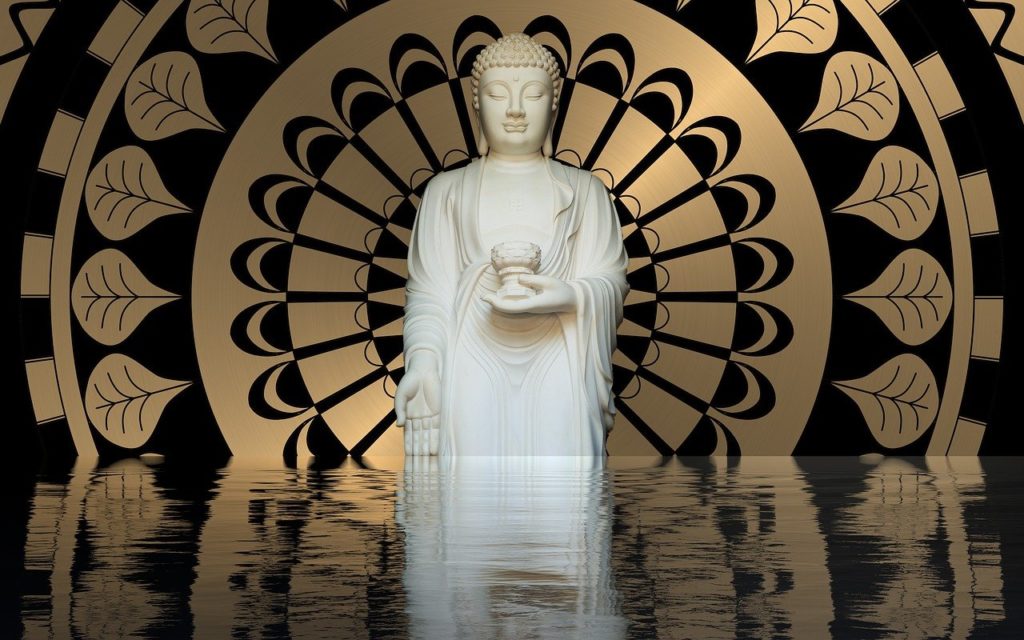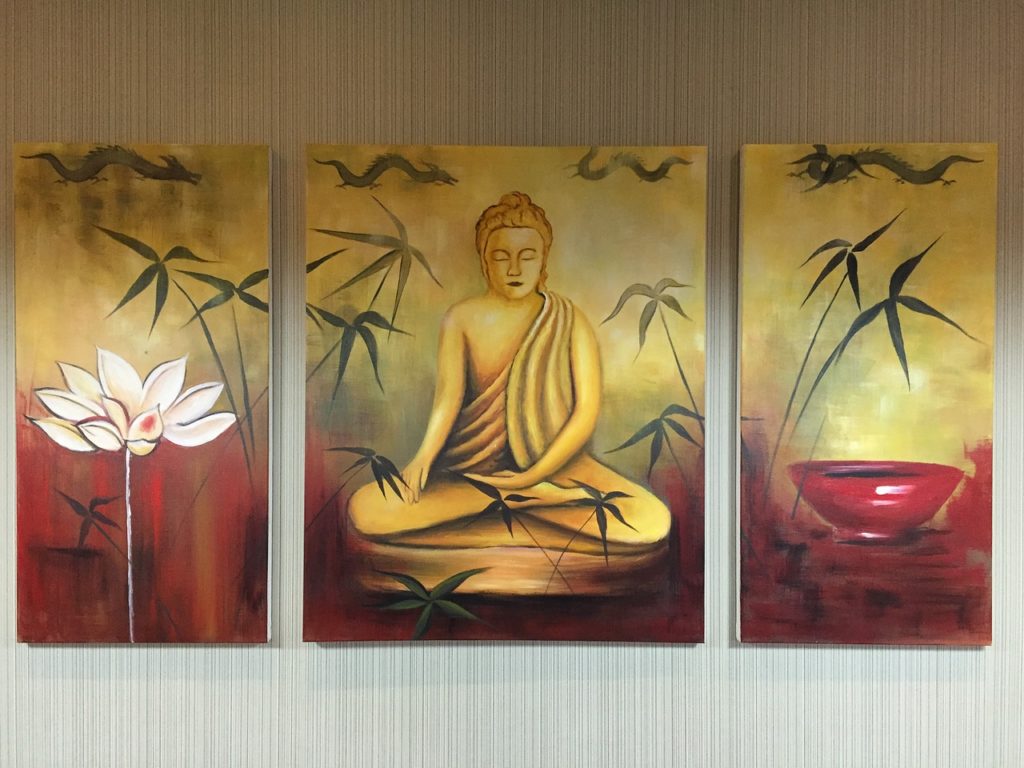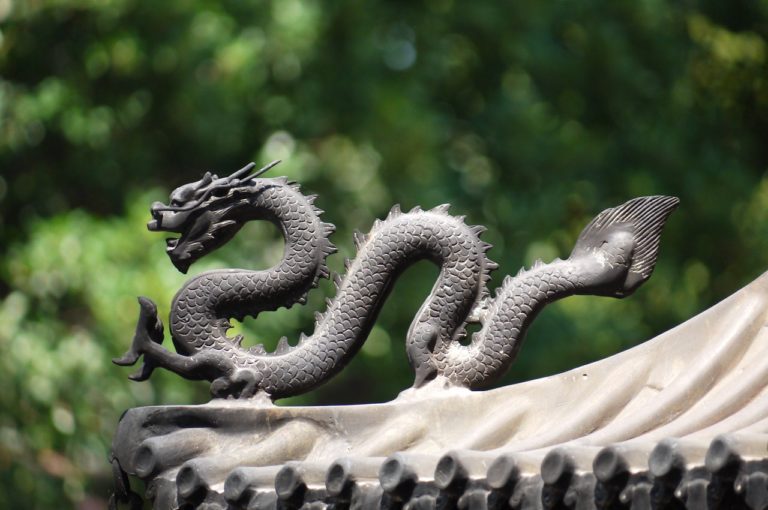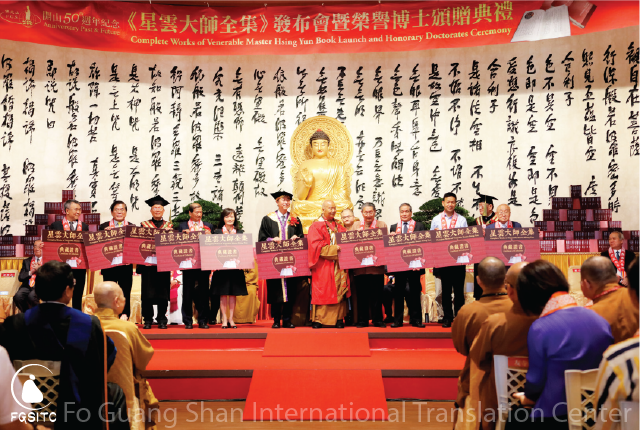If your mind is in balance, what need is there to work at morality? If your behavior is correct, what use is meditation to you? If you understand mercy, then you will naturally care for your parents. If you understand faithful conduct, then all of society will be in order.
—Platform Sutra of the Sixth Patriarch
A Balanced Mind
Mental balance results from understanding that self-respect is a natural outgrowth of having respect for others. If we know how to respect others, then we will know how to respect ourselves. If we know how to respect ourselves, then we will seldom feel anxious or moody; our minds will be in balance and our practice of morality will seem effortless. This is why Huineng made the above remarks in The Platform Sutra of the Sixth Patriarch.
Another reason that he made the above remarks is because he wanted to help us free ourselves from having an oppressive sense of morality or moral duty. Many people believe that a moral lifestyle must be confining or stifling because they can conceive of it only as a serious abridgment of their freedom. To people like this, agreeing to be moral feels like signing an unwanted contract.
Nothing could be further from the truth. Morality is the only way to really be free. When you understand this, you will realize that the moral injunctions taught by the Buddha are keys to our liberation. These keys do not lock us into a narrow prison cell; they free us from a narrow cell. Once one has been freed from the bonds of delusion, one achieves a mental balance that almost makes the observance of morality unnecessary.
Correct Behavior
The purpose of meditation is to settle the mind and allow it to look directly at itself. A mind that is deluded and ego-centric may benefit somewhat from meditation, but no one can make real progress in understanding the mind through meditation unless they simultaneously begin bringing their behavior into accord with Buddhist morality.
Huineng said, “If your behavior is correct, what use is meditation to you?” He said this to emphasize the importance of morality, not to downplay the importance of meditation. Huineng was one of the greatest Chan masters who ever lived. In this statement, like the one before it, he is trying to free us from feeling that our practice must be difficult or oppressive, or that it has no further goal than itself. Once our minds have achieved balance, morality will flow naturally, almost effortlessly. And once we have learned to behave well in all circumstances, our lives will be in accord with the deepest levels of meditation.
How we actually treat other people is the best standard we have to judge ourselves. How they treat us, what we are getting from the world, the depth of our meditation—these are secondary.
Mercy
“If you understand mercy, then you will naturally care for your parents.”
Huineng used the word mercy (en) in this verse. This word can also be translated into English as grace or kindness. En, or mercy, is close in meaning to the word compassion. En, however, contains the idea that one should repay whatever mercy or kindness one has received from others. In Chinese, “to feel en” toward someone means to be grateful to them for something they have done for us.
In this line, Huineng is saying that once one’s sense of gratitude is developed, one naturally will be inclined to respect and care for one’s parents as well as all other sentient beings.
This verse does not mean that we should expect to profit from acts of kindness toward others. It only means that we should all deeply appreciate how much others have done for us. Appreciation of others is a fundamental starting point for the successful practice of Buddhism.
Faithful Conduct
“If you understand faithful conduct, then all of society will be in order.”
“Faithful conduct” here means right conduct, right action, right view. If all of us were to follow the Noble Eightfold Path, then society would be in order.
In these verses, Huineng has asked us to turn our awareness inward and concentrate on the sources of our consciousness and behavior. This is the fundamental work of Buddhist practice. All the methods of Buddhism come down to nothing much more than this. When we see ourselves as we really are, we see the truth. We see the Buddha within.
Master Puming asked, “What is Buddha nature?”
Master Xingsi replied, “You have no Buddha nature.”
Master Puming said, “All creatures including insects have Buddha nature. Why do you say that I do not have one?”
Master Xingsi replied, “Because you are looking for it outside of yourself.”
Master Puming said, “Then how do I find it?”
Master Xingsi said, “You will not find it by covering it up.”
Master Puming said, “Then how do I find it?”
Master Xingsi said, “By giving it up.”
— Chan canon
From Being Good, written by Venerable Master Hsing Yun.
Image from Pixabay.













